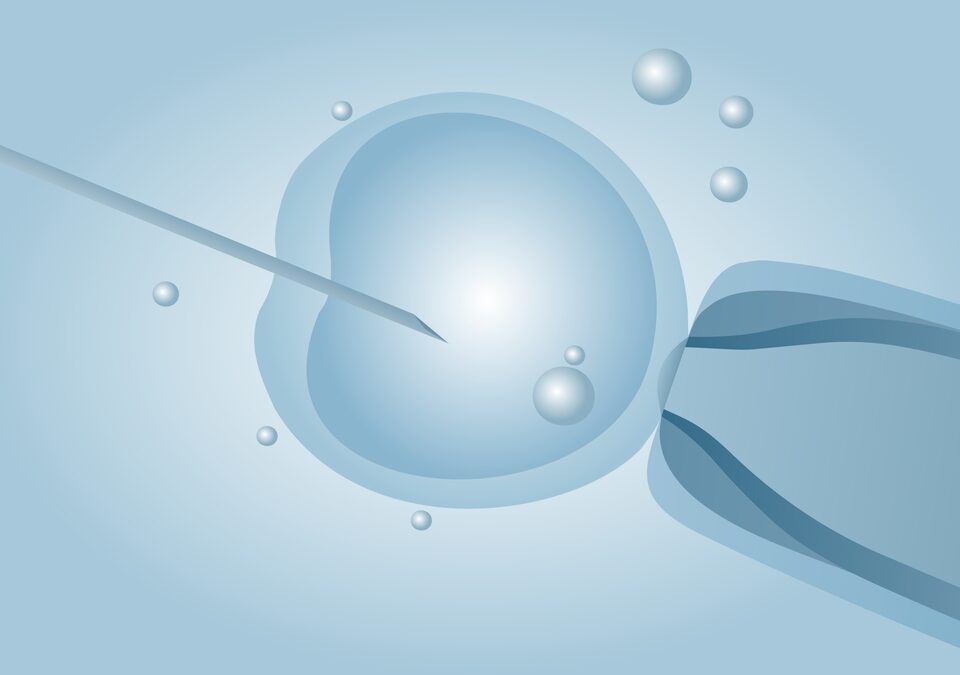Young Boy Looks to European Court of Human Rights for Justice
十二月 16, 2015Mothers Fighting For Custody of their Two Daughters
十二月 21, 2015The IRS is facing scrutiny over its refusal to allow tax deductions for same-sex couples incurring medical expenses related to infertility treatments in order to complete their families. A recent ruling by the IRS denying a gay couple deductions for IVF and surrogacy expenditures is now being challenged by the couple, who argue that they should be considered infertile and be allowed the deductions for infertility treatment typically afforded to heterosexual couples. Without their surrogate, Joseph F. Morrissey and his partner would have been unable to have their twins.
Legal minds are pondering the connection between infertility and homosexuality, and contemplating whether the definition of medical infertility should be expanded to include same-sex couples who, by definition, are unable to have biological children without medical intervention.
Morrissey, a law professor at Stetson University College of Law, certainly thinks so, and is arguing, as the cornerstone of his case, that he and his partner should be considered infertile. It’s a thought provoking argument that has not been used in other cases where same-sex couples have been denied deductions for similar expenses.
While the IRS views particular IVF tax deductions as acceptable for heterosexual couples, gay couples are not being treated equally. Now that same-sex marriage is legal nationwide, other laws in pursuit of equality need to be brought up to speed, including those related to third-party reproduction and the right of parentage.
Covering this story is Elaine Silvestrini of the Tampa Tribune. By her account, the IRS agent who denied these deductions said that, “…Morrissey’s sexual orientation was a ‘choice,’ according to the lawsuit filed in U.S. District Court in Tampa.”
Morrissey and his partner have been in a relationship for 15 years, are now engaged to marry, and have been yearning to build a family since 2010. In the lawsuit, it stated that the couple initially considered adopting a child, but could not because it was illegal for gay couples to adopt in Florida at the time.
The lawsuit notes, “In the end, bringing twin boys into the world took nearly four years, seven IVF procedures (including those scrubbed at the last minute for failed medical exams), three surrogates, three egg donors, two clinics and more than $100,000.”
Morrisey’s partner became a stay-at-home parent after the twins were born.
Even though the IRS chose not to speak to the reporter about the case, Silvestrini did receive input from Kris Siolka, a representative from the National Association of Tax Professionals. According to Siolka, medical expenses are generally deductible if they surpass 10 percent of the taxpayer’s adjusted gross income.
The plaintiff, Morrissey, claimed a total of $36,538 in medical deductions on his federal income tax return for 2011.
Silvestrini reported, “While the amendment to his return was being reviewed, Morrissey wrote the IRS in 2014 arguing that the agency had allowed heterosexual couples’ deductions for fertility treatments, including the use of an egg donor.” She continued, “But the IRS rejected the deductions for the costs associated with the egg donor and surrogate, writing that the medical services must be provided to the taxpayer, his spouse or dependent.”
The IRS then denied Morrissey’s appeal.
The lawsuit states, “While certain IRS Appeals personnel empathized with the substance of plaintiff’s position, they expressed an inability to rule otherwise in the absence of a court order directing the IRS to do so.”
It will be interesting to see if Morrissey’s lawsuit against the federal government is successful, and whether it will be acknowledged that the decision for a gay couple to use an egg donor and surrogate to build their family is medical, necessitated by the inability to have children with a partner, rather than personal. And in the same breath, many hope the IRS will reconsider the antiquated thought in that homosexuality is a “choice.”



